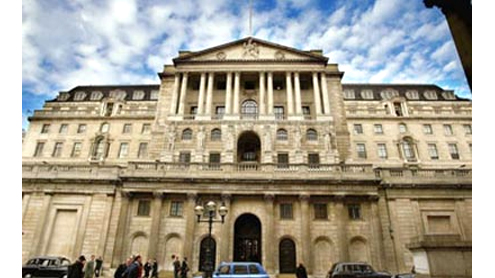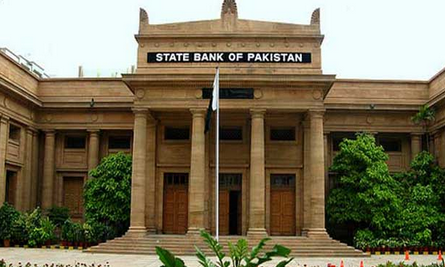
LONDON: Britain’s central bank still has the firepower to boost a sluggish economy and has scope for further stimulus with more asset purchases, Bank of England policymaker David Miles said on Sunday.
“If growth does stay very weak and inflation stays low and close to the target level there is more that we can do, we have not run out of ammunition,” he told Sky News.There is the scope for more quantitative easing it remains a powerful weapon.”Miles has been the strongest supporter of quantitative easing asset purchases on the Bank of England’s Monetary Policy Committee (MPC) since the departure of policymaker Adam Posen earlier this year.
It will become clear when the MPC’s latest minutes are published on Wednesday whether Miles backed the committee’s decision earlier this month to cease further asset purchases beyond the central bank’s current total of 375 billion pounds.Miles said the central bank was running the most expansionary monetary policy in its history and the positive effects would become evident.”I expect we will see growth pick up from the very low levels we have seen over the last year or so,” he said.
He forecast the economy would eventually return to trend growth rates, but that it would take some time.”It may not be in the very near term, it may not be three (or) six months, but if you look beyond that, a year, 18 months, two years, I would expect that we will get back to more normal rates of growth,” he said.Rises in commodity prices had hit Britons’ spending power over recent years but Miles said he was “guardedly optimistic” that the period of sharp falls in real disposable income was over.”I hope that is right, and if it is we will see consumer spending a bit stronger over the next few years than we have seen in the past few years,” he said.
“TRICKY JUDGEMENT”
The Bank of England was able to maintain its expansionary monetary policy because of muted growth in wages, which Miles said he regarded as the most important domestic source of inflation pressure.At some stage the central bank would have to raise interest rates and reverse some of its bond purchases, but when to do that was a “tricky judgement” and Miles indicated that such a move was some way off.
“It would be a mistake though to try and get back to more normal monetary policy too quickly when the recovery that we have seen has been pretty anaemic,” he said.Britain has not fully recovered the output lost in the wake of the financial crisis, while the euro zone’s debt problems, government tax hikes and spending cuts to reduce the budget deficit and banks’ reluctance to lend are all weighing on the economy.Inflation hit a five-month high of 2.7 percent in October, and Bank of England Governor Mervyn King warned last week that the economy may shrink again at the end of this year, just one quarter after it exited recession. – Brecorder












